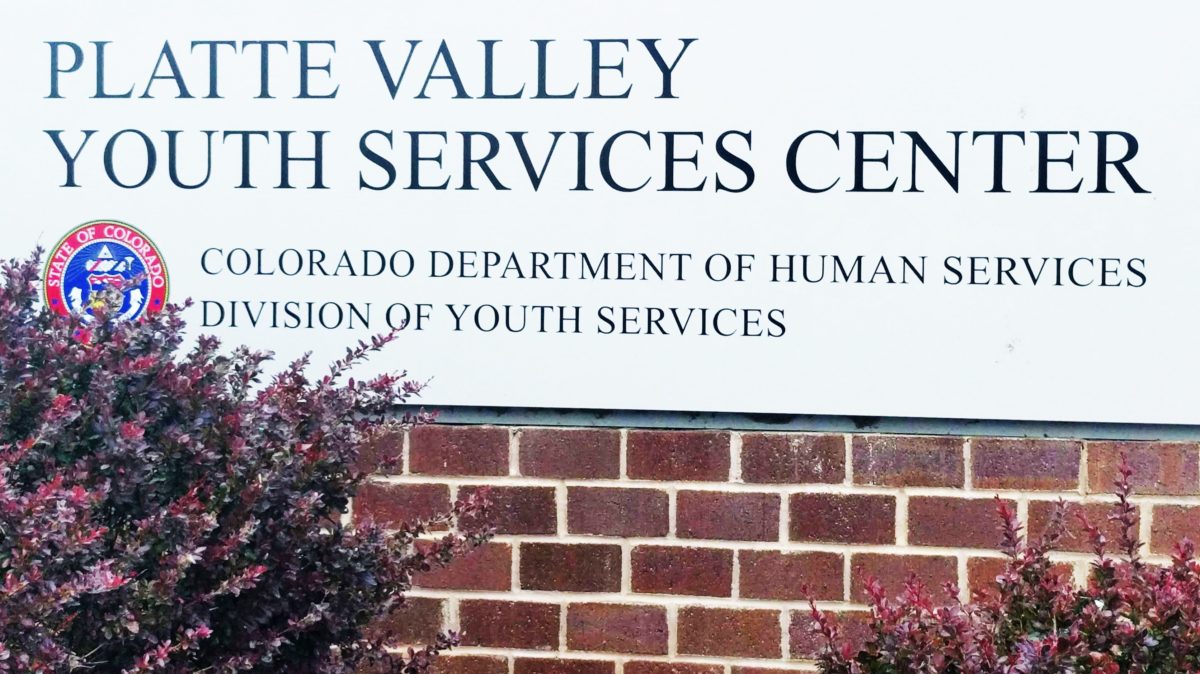After two years in various Division of Youth Services (DYS) facilities, I am happy to report that my daughter has returned home, and things are going well. Now that we have our daughter back and we’ve had some time to adjust to life as a family of four again, I’ve been reflecting on our difficult two-year involvement with DYS. For those families who are still enduring life inside a DYS facility and for those who are just beginning to embark on their challenging journey, I believe DYS needs to make some significant changes.
The areas I recognize as needing considerable improvement are: family involvement, the hiring and training requirements for staff, facility security, mental health and substance abuse services, educational services, the reward/punishment system, and transition to parole. I have outlined my suggestions for improvement and will share my thoughts on each area in detail over the next several weeks.
Facilitate Family Involvement
- Place youth in a facility as close to their families as possible
- Advise parents of the visitation and phone call procedures during the initial call home
- Offer a parent orientation and a parent handbook
- Allow youth to call home at least once a week if not more
- Allow parents to attend staffings and family therapy at convenient times to accommodate work schedules
- Increase communication to parents from the youth’s client manager and therapist
- Listen to input and insight from parents
Impose Greater Hiring and Training Requirements for Staff
- Conduct more extensive background checks to include polygraphs and psychological testing
- Create a training academy for staff (similar to those detention deputies attend) to especially include Crisis Intervention Team (CIT) training, de-escalation techniques, and arrest control tactics
- Require quarterly in-service training to ensure staff are consistently following proper procedures
- Offer better pay for staff more in line with detention deputy salaries
Increase Security Measures
- End contracts with private companies for greater control over and consistency among facilities
- Implement the same rules and procedures for every secure facility, the same rules and procedures for every staff secure facility, and the same rules and procedures for every community facility
- Have a designated security guard at control to wand/pat down visitors who set off metal detectors
- Conduct better searches of youth after visits and when returning from passes
- Conduct better searches of youth rooms
- Bring in K-9s to locate drugs in the facilities
- Use urine analysis kits instead of saliva kits for drug testing
- Require staff to wear body cameras for transparency inside youth rooms or other areas without video surveillance
- Take physical and sexual abuse claims more seriously and report them to law enforcement in addition to the Child Abuse Hotline
- Remove for-profit “Blue Phones” that allow youth to call anyone, including those who have protection orders against them
Improve Mental Health and Substance Abuse Services
- Hire additional therapists and certified addiction counselors
- Offer more individual therapy and family therapy
- Focus less on group therapies which are not effective
- Offer twelve-step programs like Alcoholics Anonymous and Narcotics Anonymous for drug and alcohol abuse
Offer Additional Educational Opportunities
- Offer life skills and vocational programming for youth who have graduated or have their GEDs
- Offer equal opportunities for both girls and boys
- Offer more opportunities for physical education
Change Aspects of the Reward and Punishment System
- Make achieving behavior levels more desirable by offering better incentives
- Refrain from taking away family visits and phone calls home as punishment for bad behavior
Facilitate a Smooth Transition to Parole
- Develop relationships with employers and housing in the community for kids who are over eighteen and are transitioning back into the community on their own
- Help facilitate work furloughs during transition back into the community
- Eliminate redundant parole hearings for kids who have completed their entire mandatory sentence and must be paroled



